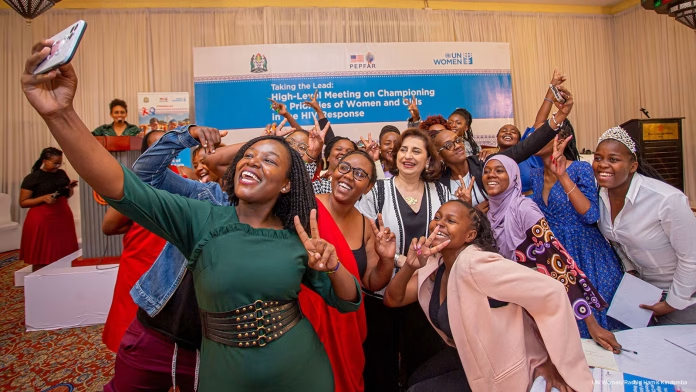Tanzania is integrating gender equality into the heart of its national climate policy, marking a significant shift toward more inclusive and equitable climate governance. As the country prepares to submit its third Nationally Determined Contribution (NDC 3.0) under the Paris Agreement, it is taking concrete steps to ensure that women and marginalised communities are not only considered but prioritised in its climate planning.
NDCs are climate action blueprints that countries update every five years, outlining national commitments to reduce greenhouse gas emissions and enhance climate resilience. In Tanzania’s case, the upcoming NDC is being shaped through a consultative process that reflects the country’s intention to align sustainability with social inclusion.
This intention was reflected during a recent four-day technical workshop in Morogoro, where the Vice President’s Office collaborated with UN Women and the Ministry of Community Development, Gender, Women and Special Groups. The workshop brought together a broad range of stakeholders to co-develop a strategy that addresses the unique vulnerabilities women face in the context of climate change—particularly in access to land, finance, energy and decision-making platforms.
Read also: Tanzania’s financial sector steps up to drive sustainable investment
According to Evansia Shirima, the gender focal point at the Vice President’s Office, the integration of gender into NDC 3.0 is not simply about representation; it is a strategic approach to improving the effectiveness and equity of climate action. She underscored that the lived experiences and leadership of women are vital to achieving the country’s climate goals, particularly in rural areas where women often carry the burden of climate-related stressors.
The workshop acknowledged that climate change is not gender-neutral. Women and girls, especially those in vulnerable settings, face disproportionate impacts from climate shocks and resource scarcity due to entrenched inequalities. Addressing these structural challenges is crucial not only for justice, but also for strengthening the overall resilience of communities.
Lilian Mwamdanga, UN Women Tanzania’s Programme Specialist on Women’s Economic Empowerment, noted that the process is about more than recognising women’s vulnerability. It is about ensuring that they are central to climate leadership, policy development, and the distribution of resources. For long-term resilience, she stressed, climate policies must deliberately redistribute power and opportunity.
The workshop relied on UN Women’s Toolkit on Mainstreaming Gender in NDCs to guide the process and formulate actionable strategies. These strategies are expected to influence climate financing decisions, national data systems, policy implementation structures, and public awareness campaigns. They also align with broader global and national commitments such as the Paris Agreement, the UNFCCC Gender Action Plan, the Sustainable Development Goals, and Tanzania’s recently launched National Clean Cooking Strategy (2024–2034).
By embedding gender equality into its national climate framework, Tanzania is positioning itself as a leader in inclusive climate policy on the continent. Its approach recognises that environmental resilience cannot be achieved without addressing the social systems that determine who participates in—and benefits from—climate action.
This development offers a replicable model for African countries looking to strengthen the legitimacy and effectiveness of their climate responses. Rather than treating gender equality as a secondary concern, Tanzania’s NDC 3.0 demonstrates that inclusion is a critical foundation for sustainable development.






